#gcse classics
Explore tagged Tumblr posts
Text
Fate and Fortune: what’s the difference? Odysseus explains…

(2018)
#greek mythology#tagamemnon#greek myth#illustration#greek myth comix#odyssey#odysseus#homer#comix#greek myth retellings#fate#fortune#fate vs fortune#gcse classics#explanation#comics in education#teaching comics#comic
67 notes
·
View notes
Text
(No Gerald/Daisy|Eva, or Eric/Eva because one of them is grooming and the other is rape.)
If you haven't read AIC, which I suspect is most of my followers, pick based off the description!
#polls#i will run two more- one for jekyll and hyde and another for Macbeth#and maybe one for blood brothers#gcses#gcse student#gcse english#classic literature#an inspector calls#if you're not shipping your set text characters you're doing it all wrong#do any of the ships except for geric have established ship names???#all i can think of is sheva for sheila and eva
43 notes
·
View notes
Text
might have to start learning latin on my own. ermmm salwe qwuirites....
#having a mini breakdow#n#nope its all good its not like i wanted to study something that was my PASSION anyway#east asia buck the fuck UP!!! WHERE ARE MY CLASSICS PROGRAMMES!!!!!#when i found out uk taught latin gcses i literally fell to the ground like wow life is so unfair :'DDDDDD. me? i got. economics.
28 notes
·
View notes
Text
I did my final essay of An Inspector Calls today! The question was about how Mrs Birling was presented and what the purpose was. I came prepared with notes (it was open book- thank god) n stuff and wrote 4 and a half pages! But tbh i don't think I really managed 2 really expand on the quotes n annotate them n stuff, so I'm kinda scared I'll get a bad grade :<
We're gonna start a new topic after spring term break, it's gonna be about Dr Jekyll and Mr Hyde, and like the tryhard I was, I read that book 2 be ready 4 it . I'm actually so excited for it, I rlly loved that book!! :33
#annie yaps#dr jekyll and mr hyde#an inspector calls#sybil birling#mrs birling#english literature#literature#classic literature#gcse studyblr#studyspo
20 notes
·
View notes
Text
Aaaaaaa I never have to see an aqa poem again
Normally I love poetry but there’s only so much a girl can take
That was so nice but I don’t want to jinx it
I’m happy tho 😽🦢
#gcse student#personal vent#gcse#poetry#gcses 2024#gcse english#english literature#classic literature
7 notes
·
View notes
Text
Just read my first book of 2025 which was also my first Dostoyevsky!


I absolutely loved white nights it was an amazing book to start the year on! A 5⭐️ read for sure! The ending was definitely my favourite it was so sweet and juvenile yet so hard breaking simultaneously. I would thoroughly recommend it to anyone who thinking of reading it, especially if you’re looking for a quick one
#dark academia aesthetic#gcse student#books#books and reading#literature#russian literature#fyodor dostoevsky#classics
4 notes
·
View notes
Text




Made some memes for everyone.
#yes this appeals to my very limited classics and chemistry gcse#which I did ten years ago#emperor palpatine#darth plagueis#Star Wars#classical architecture#chemistry
20 notes
·
View notes
Text
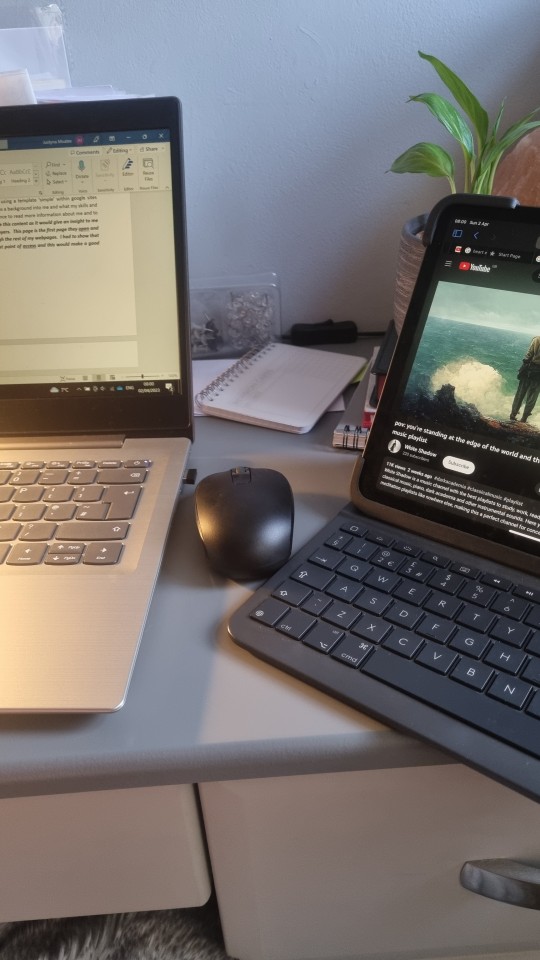

02 Apr 23
Most recent playlists:
🎧#1 - A playlist for a 19th century villain seeking revenge by MomentumE
🎧#2 - pov: you're the main character in a fantasy world || a playlist by Bocorain
Things today that made me happy:
tea 🫖
the overly sweet but heavy smore brownie
tulips ⚘️
music playlists🎶
more tea
finally finishing my IT hw
rest and reading 📚
a star and the night ambience outside
my half successful propagules 🌱
#studyblr#music playlist#classical music#revision#gcse student#books#stars#astrology#plant parent#propagating plants#ict#tea#work#high achiever#happy
29 notes
·
View notes
Text




Really loving gcse art 😭
#gcse#art#hawkeye#dc joker#batman#second doctor#linocut#comics#gcse art#comic books#classic doctor who#doctor who#marvel#dc comics#dc universe#cybermen#pizza dog
5 notes
·
View notes
Text
Me after spending ages trying to develop my own art style, doing realism studies, doing western animation studies, only for my science teacher to absolutely insist that I draw manga because I draw like two characters with sharp jawlines and longer noses:

#artists on tumblr#artwork#art#gcse art will be the death of me#classic literature#gothic lit#goth lit#gothic literature#classic lit#dracula#frankenstein weekly#dracula novel#frankenstein#dracula daily
19 notes
·
View notes
Text
I don't think you people know how sirens work. Maybe
#IT'S NOT ABOUT SEX OR ROMANCE IT'S ABOUT WHAT YOU WANT MOST#EVERYONE WANTS SOMETHING DIPSHIT IT CAME FREE WITH YOUR FUCKING HUMANITY!!!#sorry i think my gcse classics is making me a worse person#505 radio
3 notes
·
View notes
Text
The Twelve Labours of Heracles 💪



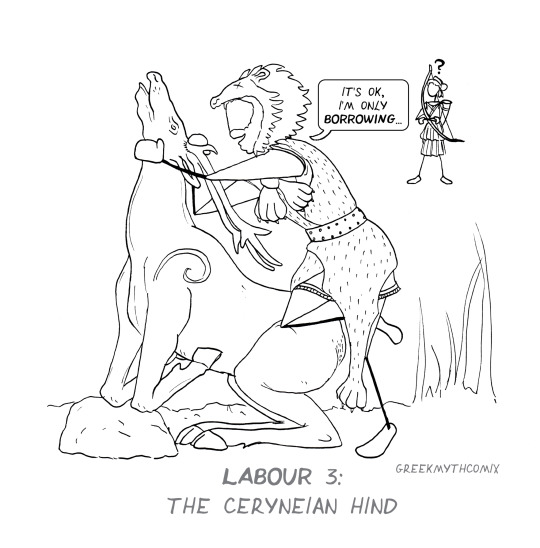

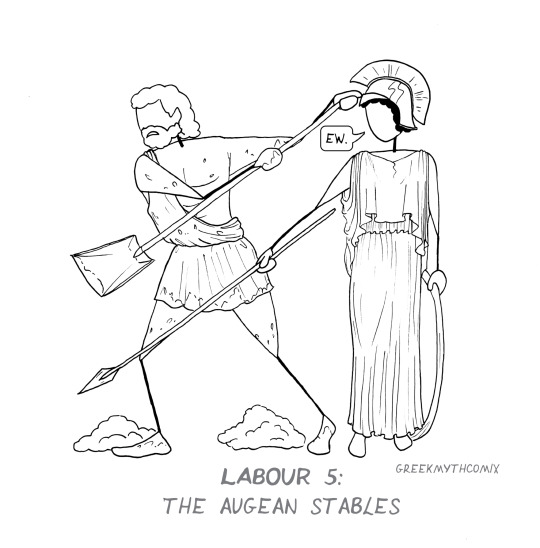
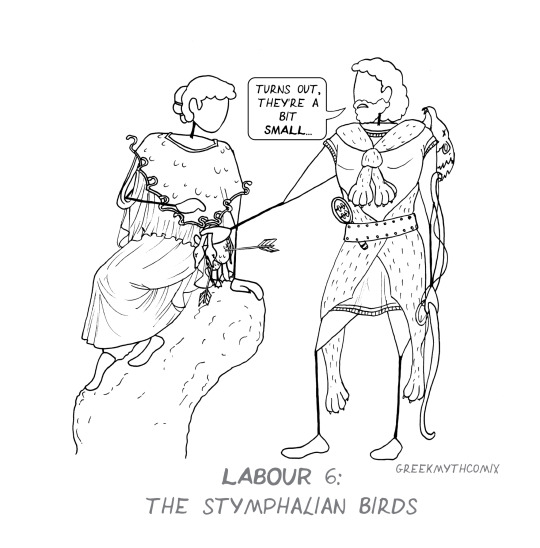

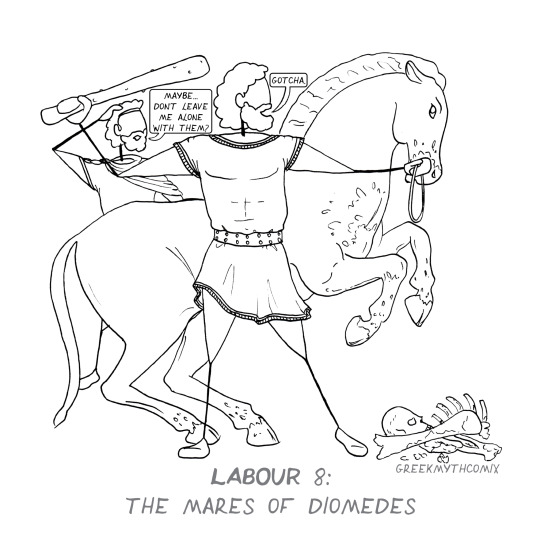
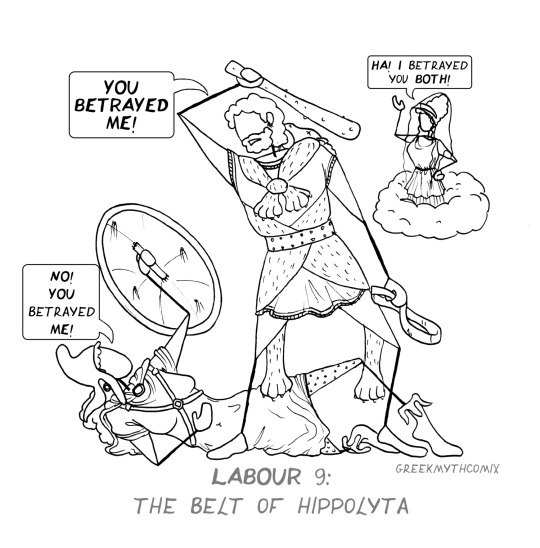
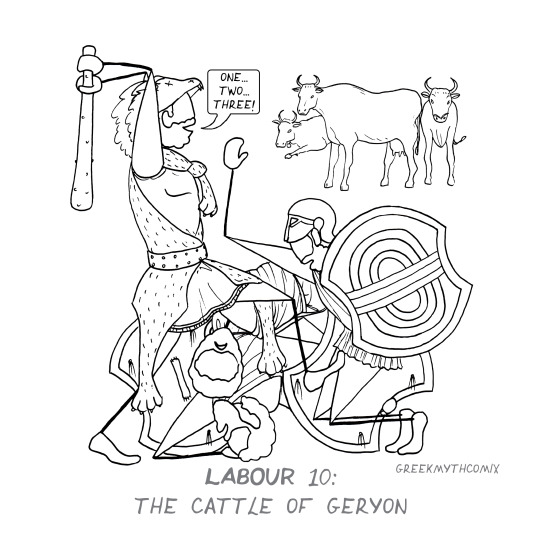
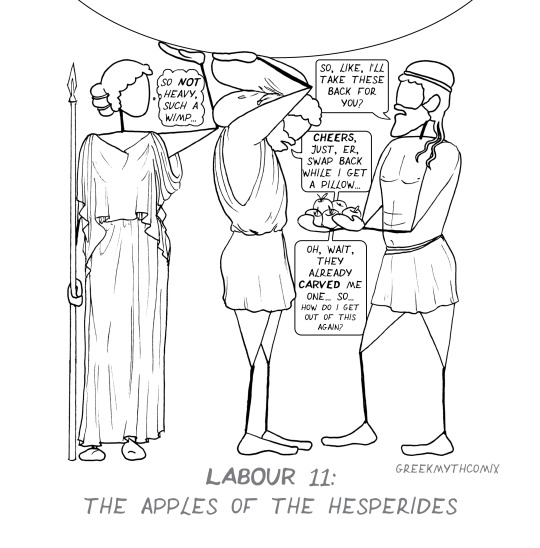
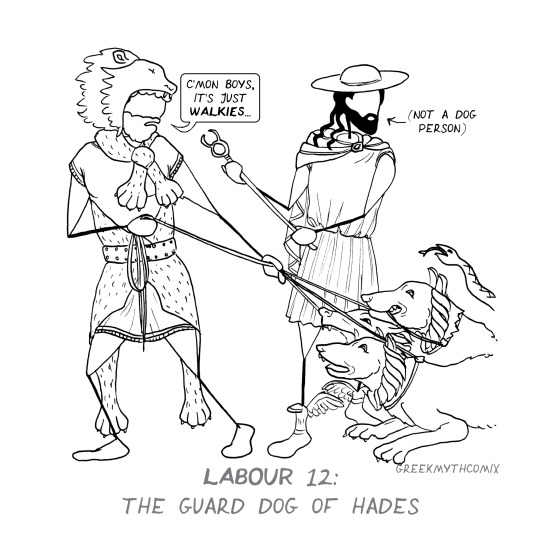
I made these for class, to revise the Labours along with the metopes of Heracles from the Temple of Zeus at Olympia! https://www.carc.ox.ac.uk/carc/resources/Sculpture/context/OlympiaMetopes
All my GCSE classes for Heracles and Hercules are here (from UK Lockdown 1): https://www.youtube.com/playlist?list=PLN36Hwtm4-c0bqo8hPCLeIMBmkUC5Jb4l
#greek mythology#greek myth#tagamemnon#illustration#greek myth comix#heracles#hercules#metopes#olympia#gcse classics#classical civilisation#homeschool#classics#comix#labours of hercules#labours of heracles#twelve labours#original ten labours#map#ancient greek mythology#the universal hero#school#classics teacher#teacher#teaching resources
46 notes
·
View notes
Text
If you saw me make this before with one of the wrong texts, no you didn't
*I'm aware there's more, but these ones are the most taught
#jekyll and hyde#an inspector calls#macbeth#a christmas carol#blood brothers#lord of the flies#romeo and juliet#rl stevenson#jb priestley#shakespeare#charles dickens#william golding#willy russell#gcse student#gcses#gcse english#classic literature#polls
32 notes
·
View notes
Text
round 1, part b
#i specifically want geric to lose btw#as a gcse student#an inspector calls#war and peace#round 1b#round 1#queer classic lit ship tourney#tournament
6 notes
·
View notes
Text
Also know the difference between 'this media is portraying this bad thing AS a bad thing' vs 'this media is portraying this bad thing as a GOOD thing'. Cause otherwise that's how you get people 'cancelling' anti-racist books from the 19th century for using slurs that weren't seen as slurs at the time.
I don't think you guys know what "be critical of your interests" means. it doesn't mean "know when the bad guy is doing something bad" it means "know when your favorite media is being fucking racist"
#reblog#booker speaks#about media#what was that book again?#ugh i cant remember which book got hit with that accusation#cause it was one of those american classics we werent allowed to study for our gcses#cause we cold only study books by british authors
34K notes
·
View notes
Text
why we should reevaluate how we learn about classical literature
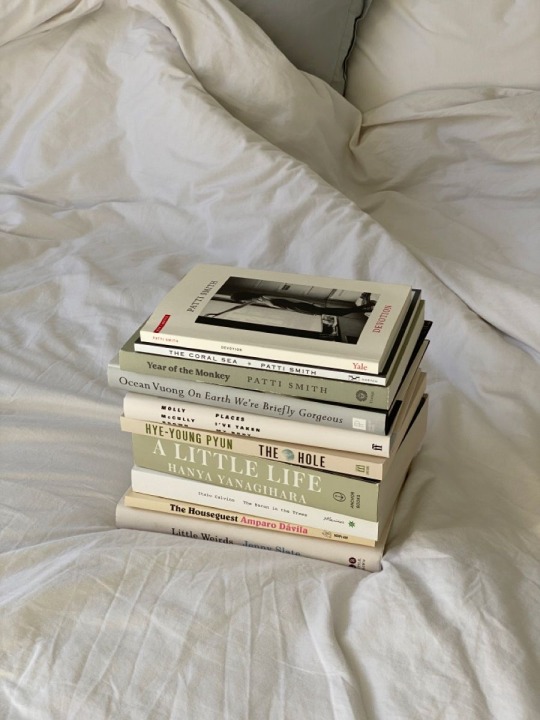
not my image (i believe the credit is @endlessbookclub on instagram). message me for removal.
Classic Literature is important. It helps us understand the perspective and viewpoint of the past, which impacts the future as it helps us learn from the faults and mistakes of our predecessors.
Classic Literature is a fluid term; it can be used to describe any period of literature that has been enjoyed for generations. But perspectives change over generation, especially over the past 50-60 years. We have seen massive changes in the way we view each other and development in tolerance and acceptance of race, sex, and orientation. And hence, some classical literature can perpetrate offensive and harmful stereotypes, as many authors of the time had similar views because they were cisgender, heterosexual white men. For example, of the top 30 classical authors, only 8 were women, and only 1 was a confirmed homosexual. None of them were people of colour. Due to the oppression of the time, there was a complete lack of diverse voices in society at the time. But considering that we have come a long way since then, we should read a book by wider range of narrators and acknowledge that a lot of classical literature is problematic.
To start, let’s talk about race. There are some obvious issues about race in some classics. For example, in ‘Huckleberry Finn’ by Mark Twain, he uses the same racial slur around 200 times in the text. This is problematic because Mark Twain was a white man, and the slurs he used were derogatory to black people. Another example of this is Joseph Conrad’s ‘Heart of Darkness’. It perpetrates harmful racial stereotypes when it depicts the African natives, even though it was trying to antagonise European colonialism. But, as it is written from the perspective of a white man, it doesn’t do justice to the experience of the African natives. The savage and cannibalistic behaviours in relation to the natives depicts the idea of black people being violent. These stereotypes can be harmful as it can influence current perspectives of black people, as it can cause them to be misjudged and therefore discriminated against.
There are also oppressive undertones to books such as ‘Gone with the Wind’ and ‘The Secret Garden’. ‘The Secret Garden’ is set in India at the beginning, and the use of disease to remove Mary from India perpetrates the idea that India is a disgusting, disease-ridden wasteland, which is untrue. Mary’s treatment of the servants at the beginning and then later when she comes back to England, is extremely racist. Mary seems to believe people of colour are supposed to subservient, for example the fact that she expects the servant to be coloured. It also presents Indians as willingly in servitude, which is historically inaccurate. The same is true for ‘Gone with the Wind’ as it depicts slaves as docile and loyal, thus ignoring their struggle. This racist viewpoint invalidates people of colour, who have faced hundreds of years of oppression. This type of narrative silences the stories of those who have faced incredible hardship, and though these books are not necessarily intentionally silencing people, they still have that effect.
Then in terms of women in classic literature, they are generally portrayed as subservient and one-dimensional. In Jane Austen’s ‘Pride and Prejudice’, many of the characters are shown to only want to be marriageable, which creates the idea that women are dependent on men. However when a woman is powerful or emotional, she is generally crazy, evil or both. This is because women were supposed to be innocent and submissive to men, so when they are not submissive, they must be evil. A prime example of this, is Lady Macbeth in the play ‘Macbeth’ by Shakespeare. She is a powerful woman, as she is seen to have power over her husband in some scenes in the play. However, her power leads to her eventual demise - as she is driven insane and commits suicide, which was a terrible sin.
In Classic Literature, homosexuality is rarely discussed, even implicitly, as in a largely christian society, homosexuality was an extremely taboo subject. However, in Robert Louis Stevenson’s ‘The Strange Case of Dr Jekyll and Mr Hyde’, the ambiguity of the character of Hyde could lend itself to the interpretation that Hyde is the manifestation of a homosexual. The fact that he was an indescribable malformation could be that he is a homosexual as homosexuality is not something that is visible, but was considered a malformation at the time. In conjunction with this, the fact that through the use of metonymy, Hyde is linked to Soho. Soho was a place of disrepute, and housed many ‘sinful’ things such as prostitution, gin palaces, and music halls. It wouldn’t be wrong to assume that the few homosexuals of Victorian London lived in Soho, or a place akin to it. However, the fact that Hyde is a manifestation of evil and thus perpetrates the idea that homosexuality is evil.
At the Holt School, we learn a variety of books. However, out of all the books we read, only 2 were written by women, and one by a person of colour. Chinese Cinderella was written by Adaline Yen Mah, a woman of colour. It discusses Chinese culture in a very interesting way, and it inspires discussions about the complexity of foreign traditions. Learning in school is one of the best ways to combat discrimination, and so the following books are ones about different experiences that I believe are important to discuss in school: in terms of race, the book ‘Things Fall Apart’, written by Nigerian author Chinua Achebe, discusses pre-colonial life in Nigeria and the arrival of Europeans in the late 19th century. and the book ‘Train to Pakistan’ by Khushwant Singh which discusses the Partition of 1947 from the perspective of an Indian villager who lived on the border. In terms of sexuality, the book ‘Freakboy’ discusses the idea that being transgender isn’t related to your appearance and how much you enjoy stereotypically masculine things, just what you believe to be your gender identity. In terms of race, there is the book ‘Daughter of Fortune’ which has an immigrant female protagonist, and discusses the gold rush in America, and the mass immigration that happened there. Finally, the book ‘Boys don’t cry’ by Malorie Blackman discusses single parenthood and men taking on a stereotypically feminine role in a household.
All of this is to say that while Classic Literature can be interesting and is important to know about, we should also read books that discuss more current struggles and were written by a wider range of authors, in order to gain exposure to a larger range of narratives and become better global citizens.
(this was my gcse spoken language from 2021. i was really proud of it, so i thought i’d share)
love, n. xx
1 note
·
View note